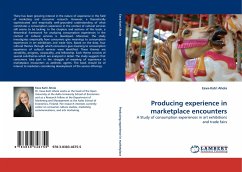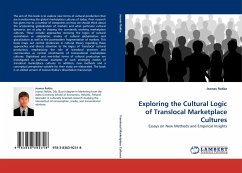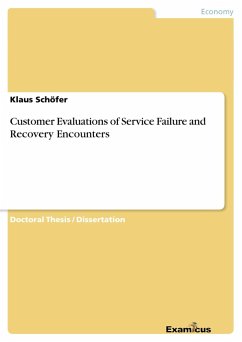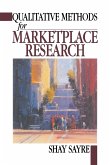There has been growing interest in the nature of experience in the field of marketing and consumer research. However, a theoretically sophisticated and empirically well-grounded understanding of what constitutes a consumption experience in the context of cultural services still seems to be lacking. In the chapters and sections of this book, a theoretical framework for analyzing consumption experiences in the context of cultural services is developed. Moreover, the study investigates empirically how consumers give meanings to consumption experiences in art exhibitions and trade fairs. Based on the data, four cultural themes through which consumers give meaning to consumption experience of cultural services were identified. These themes are sensibility, progress, corporality, and fellowship. Each theme consists of several sub-themes which are analyzed in detail. The study suggests that consumers take part in the struggle of meaning of experience in marketplace encounters as aesthetic agents. The book should be of interest to marketers considering development of the service offerings.
Bitte wählen Sie Ihr Anliegen aus.
Rechnungen
Retourenschein anfordern
Bestellstatus
Storno








